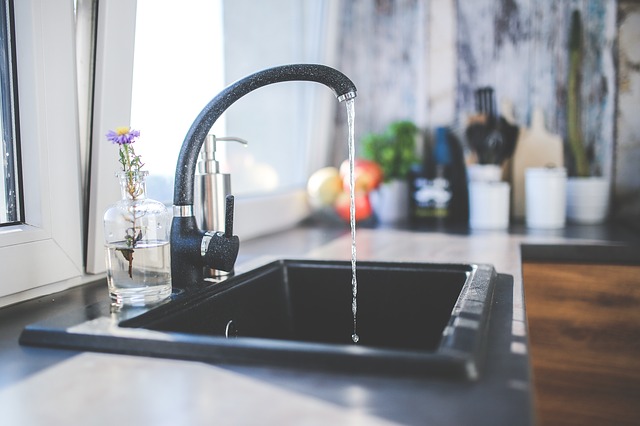In the realm of home improvement and interior design, we frequently focus on aesthetics, comfort, and function, don’t we? We meticulously select wallpaper designs, fuss over furniture arrangement, and make tireless consultations to select the perfect kitchen countertops. However, have we ever stopped to wonder about what lies behind the scenes? How about the hot water systems that provide us with those comfortable early morning showers, and the essential role they play in our homes’ energy consumption? Is it possible that this luxury has an environmental price tag that we often overlook?
In this blog post, we’re going to lift the lid off the hidden yet vital element of home design – the Hot Water System (HWS). This unsung hero of our daily living deserves our attention not only for its function but for its environmental and energy implicacies. This comprehensive exploration will delve into the world of hot water systems, their impact, and how we, as homeowners, can navigate through it all conscientiously. Settle in, it’s going to be a steamy revelation!
Exploring the Why: Why Does Your Hot Water System Matter?
In most households, hot water is used like clockwork, isn’t it? Washing dishes, taking a hot shower, doing laundry – day in, day out. That’s where hot water systems enter the picture, working behind closed doors like unsung heroes. What is alarmingly overlooked though is that these systems typically account for a staggering 15-27% of our overall energy consumption, marking them as the second-largest energy users in our homes.
The energy demands of these systems come with associated greenhouse gas emissions, marking our hot showers as not so green after all. Therefore, an understanding of hot water systems becomes crucial in making informed choices that are environmentally sound and energy efficient.
The What: Types of Hot Water Systems
Did you know there are different types of hot water systems installed in our homes? These range from the commonly encountered storage tank systems to high-efficiency technology like tankless or on-demand systems, heat pump water heaters, and even solar water heaters.
Each type has distinct energy implications and environmental footprints. For example, although storage tank systems are economically priced and commonly used, they can incur substantial standby energy losses. On the other hand, tankless systems, while pricier, significantly reduce this standby energy waste, making them a more energy-efficient choice.
A Comparative Analysis: Pros and Cons
To navigate through the hot market of hot water systems, it’s essential to weigh the pros and cons of each type. For instance, while on-demand systems can reduce energy consumption by 27%–50%, they have higher upfront costs. Solar water heaters, though extremely energy efficient, require a substantial initial investment and can be impeded by climatic conditions.
The Environmental Perspective: Assessing the Impact
An environmental lens may make you rethink your hot water system. Traditional storage tank systems, though widely used, are not the most environmentally friendly option. They emit a significant amount of greenhouse gases. Conversely, solar water heaters, despite their upfront costs, demonstrate a substantial reduction in CO2 emissions.
The Cost Implications: Gauging Efficiency vs. Expense
The energy efficiency of a hot water system directly relates to the costs incurred by homeowners. Higher efficiency often lines up with reduced energy bills. However, the initial expenses associated with advanced systems like on-demand and solar varieties can be discouraging for some homeowners.
Making the Switch: Transitioning to A More Sustainable System
Adopting a more sustainable hot water system is possible with financial incentives, rebates, and increased awareness about the long-term savings attached to energy-efficient systems. Curbing our energy consumption and reducing environmental impact requires a deliberate decision to transition, and fortunately, we are not alone in this journey.
Conclusion
While hot water systems are rarely on the aesthetic agenda of home improvement, their role in energy consumption and environmental impact is undeniably significant. It’s a refreshing realization to regard our homes not just as spaces for living and aesthetic delight, but also as entities that interact with the larger ecosystem. As homeowners, acknowledging our hot water systems and their environmentally friendly alternatives doesn’t just translate to energy savings; it’s also a small step towards a more sustainable lifestyle. The ripple effect of this understanding can undoubtedly make our world a hotter -err, better place to live!




